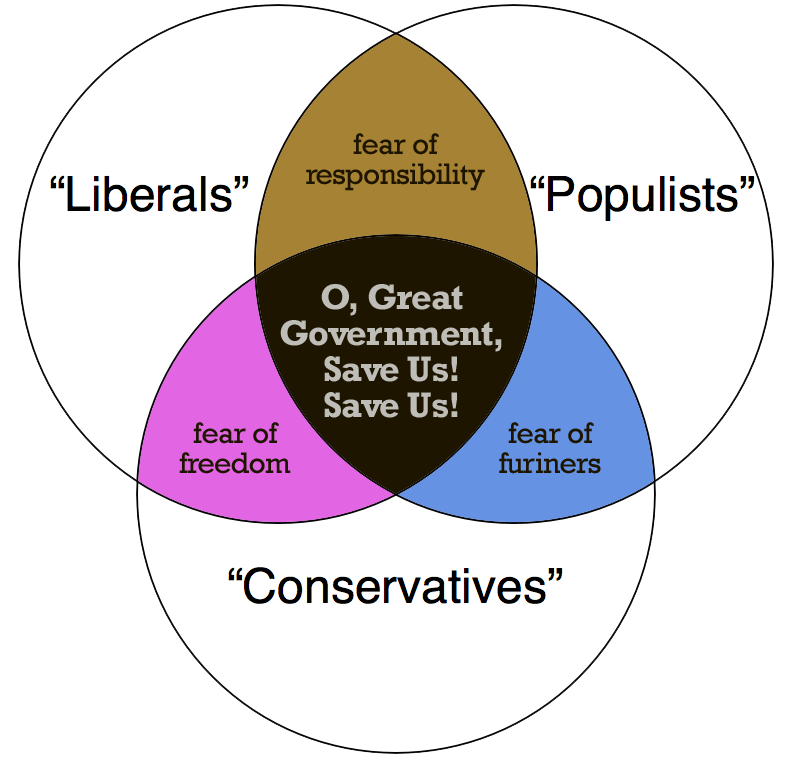Sigh. Catholic Priest Whoops It Up For Unconstitutional Military Assassinations
Imperialism, Police Statism, The Left, The Right, Vulgar Politics, WarOne thing about Catholics is that, when it comes to partisan politics, they’re split pretty evenly. Only deeply ignorant people lump Catholics in with the “Religious Right” since about half of them are on the religious left. Many are admirably antiwar, and of course, there is even a nice anarchist pacifist tradition, in which one finds Dorothy Day or Rev. Emmanuel Charles McCarthy.
Some Catholics, however, are absolutely terrible on issues of nationalism and war. This article below, written by a priest with whom I broadly agree on almost all theological and liturgical issues, was particularly tasteless. Fr. Zuhlsdorf, who is generally sound when writing about things that he actually knows something about, always ends up toeing the neoconservative line every time he ventures into foreign policy. Most clergy can be safely ignored when opining on political matters, and this case is no different. The text of his irreligious column is below with my comments in brackets.
Usama Bin Laden … Rest in… well… whatever… [How classy. Zuhlsdorf must have forgotten about Matt 5:44.]
by Fr. John ZuhlsdorfPres. Obama announced tonight, fairly late on a Sunday night, that Usama Bin Laden was killed a week ago, as it seems.
I am guessing that he made this announcement tonight, USA, time, so that people rising in other parts of the world would get the fresh news during the morning at the beginning of a week, as markets open, etc. Had it come at the end of the week, it would have been fodder for Friday evening Muslim sermons. [Because all Muslims liked Osama bin Laden, you see. This assumption that all Muslims support violence is at the heart of the neocon ideology. Always ignored is the fact that a majority of “Christian” Americans support the dropping of American bombs on Muslim women and children.] It still will be, but after several days.
Nevertheless I find the timing of both the event of his killing by a small team of US operatives in a fire fight and the release of the news interesting. One friend called me to opine that they actually found him at a Taco Bell in North Carolina and flew him back to Pakistan before… you know. [ho ho] Moreover, the President seems now to be ready to quote a standard of American patriotism, the Pledge of Allegiance, with its strong invocation of God, when for sometime he couldn’t bring himself to quote the Declaration of Independence [written by an anti-Christian Deist] correctly with its reference to a Creator who gives us our rights. [Yeah! Why can’t Obama be more like Bush who once said that the Constitution “is just a goddamn piece of paper.”] Color me cynical.
…
Sigh. Catholic Priest Whoops It Up For Unconstitutional Military AssassinationsRead More »
Sigh. Catholic Priest Whoops It Up For Unconstitutional Military Assassinations Read Post »

